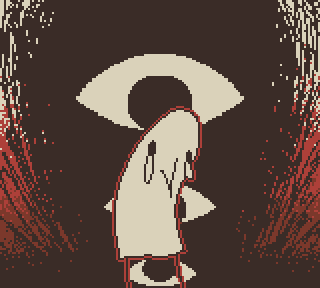
Comic Thoughts: Goodnight Punpun
Last night I stayed up until 4 am reading the last 75 chapters of Goodnight Punpun, a manga about a cute poorly drawn bird navigating the ins and outs of childhood.
At least that's what it seemed like it was about for the first couple pages. In reality, Goodnight Punpun is a thoroughly depressing story about a boy's life as he grows, suffers through a difficult puberty, struggles with family and relationships, and grapples with serious mental health issues. It's also about the people around him struggling in their own lives and relationships.
This was a terribly upsetting work of fiction. The twists in the story are legitimately twisted in ways that weren't enjoyable at all. The awful things the characters do to each other out of desperation, out of desire, out of not knowing what else to do, are heartbreaking... yet I was compelled to keep reading, as beneath the selfishness and depression are just people trying to find happiness. The author hides gems of joy throughout, shining all the brighter for the pitch black around them.
A awful as everyone is throughout this story, they all feel very human. The downright grossness of puberty and the stupidity it enables, the longing for other people, the underlying thoughts of mothers and fathers yoked into the roles while still being their own individuals. The love and hurt and hope and betrayal that comes with living a life with other people is on raw display and, for the most part, feels believable.
There's parts of the story that I felt were unnecessarily awful to the point of just trying to shock the reader, especially near the end of the series, but I think the project as a whole was a fantastic work that was worth the read.
After being dragged through the mud and making it to the other side of Punpun, I think I can crystalize a few key sentiments out of the whole ordeal. Maybe not the ones the author meant to convey, but ones that resonates with me:
- That the longing and seeking of perfection can only ever lead down paths away from it. It's only by learning to accept the imperfect that we can move forward and find something worth keeping.
- That some wounds can't be healed, only lived with.
I'm glad I read it, and simultaneously glad I'll never have to read it again.
